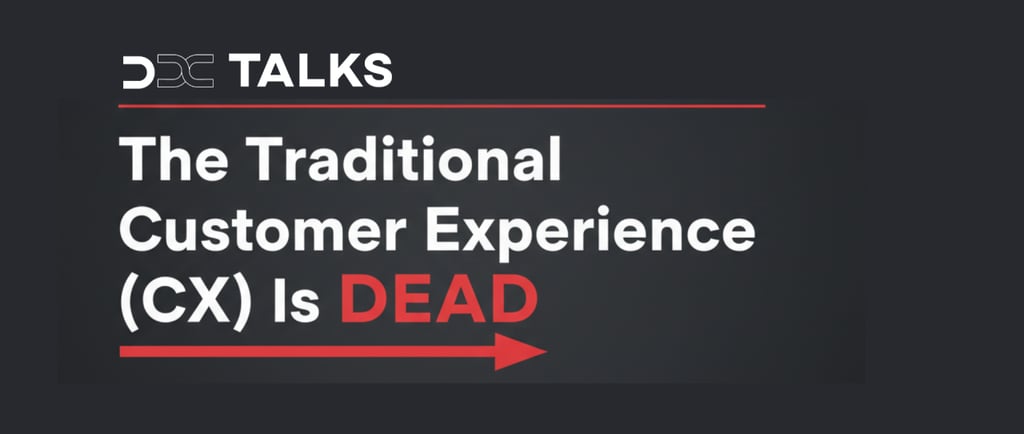The End of Traditional Customer Experience: Embracing the Era of Experience Management
The Traditional Customer Experience (CX) Is Dead - CX to MX
rudy shoushany
11/13/20251 min read


Understanding the Shift from Customer Experience to Experience Management
In the rapidly evolving business landscape, the traditional customer experience (CX) model has become obsolete. Companies no longer can solely focus on satisfying customers through conventional means. Instead, they must transition towards a more comprehensive approach known as experience management (MX). This shift signifies a rethinking of how businesses engage with their clientele, emphasizing the importance of creating holistic and meaningful interactions.
The Decline of Traditional Customer Experience
The essence of traditional customer experience lies in reactive measures; businesses would gather feedback post-interaction to adjust their services. While this model served adequately in the past, the digital age demands a proactive, multifaceted approach. Customers today possess higher expectations, driven by the seamless interactions they experience on digital platforms. Thus, relying solely on traditional CX frameworks is no longer sufficient in maintaining customer loyalty and satisfaction.
Embracing Experience Management for Sustainable Growth
Experience management is a revolutionary concept focusing on managing and improving every aspect of a customer's interaction with a brand throughout their lifecycle. This proactive strategy encompasses not only customer service but also employee experience, product experience, and even the brand's online presence. Implementing an experience management strategy allows businesses to capture a comprehensive view of customer sentiment and preferences, leading to the creation of more tailored experiences.
Transitioning from traditional CX to MX is not merely a rebranding exercise; it is about fundamentally changing how businesses operate. Organizations that embrace experience management can expect not just enhanced customer retention rates, but also increased employee satisfaction and improved operational efficiency. By fostering a culture focused on experience, brands position themselves for long-term success in a competitive marketplace.
In summary, the traditional customer experience is indeed dead, and companies must recognize the significance of experience management in today’s environment. By implementing a holistic approach to engagement, businesses will not only meet but exceed the evolving expectations of their customers, ensuring an enduring relationship built on trust and satisfaction.
